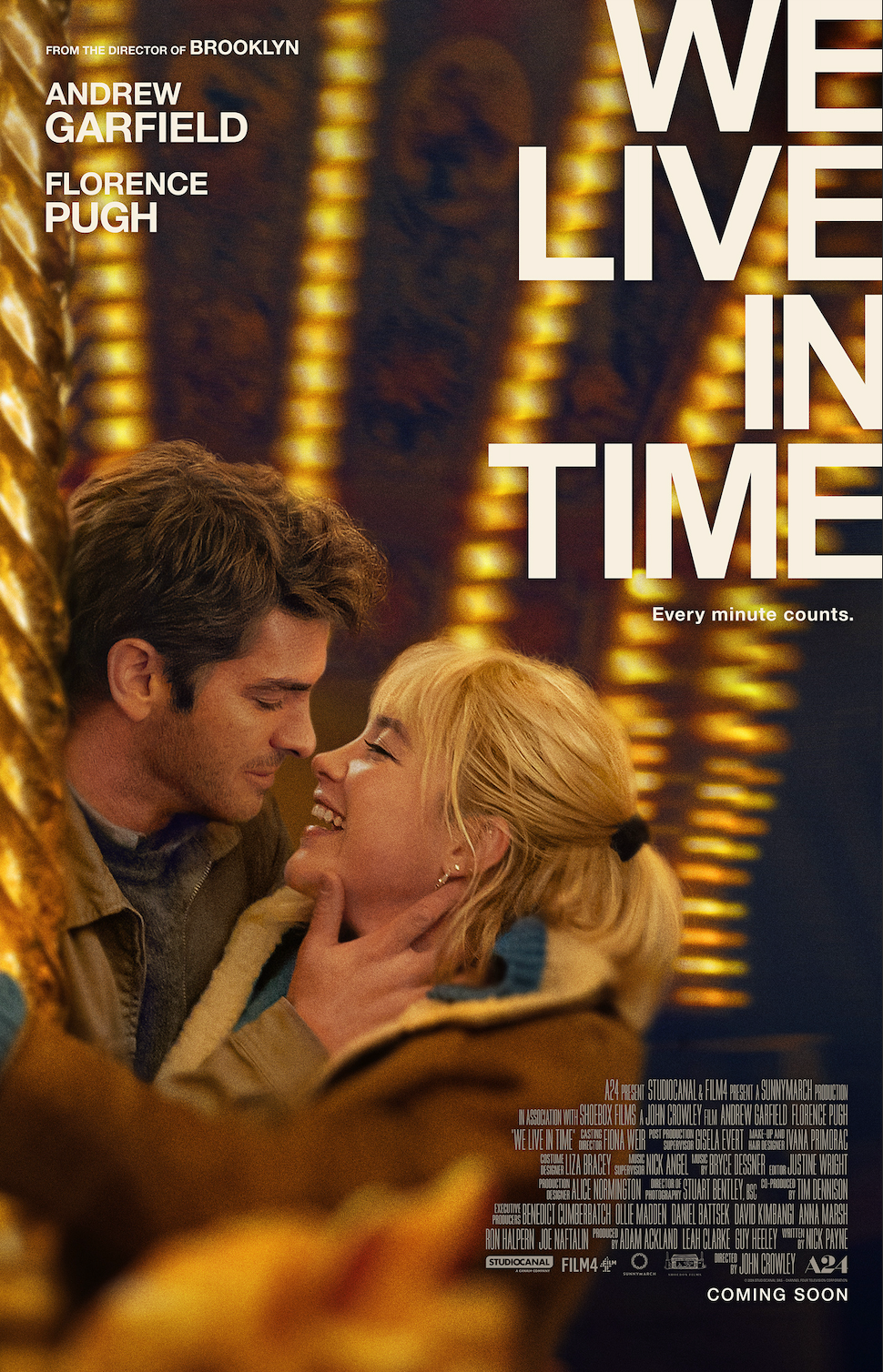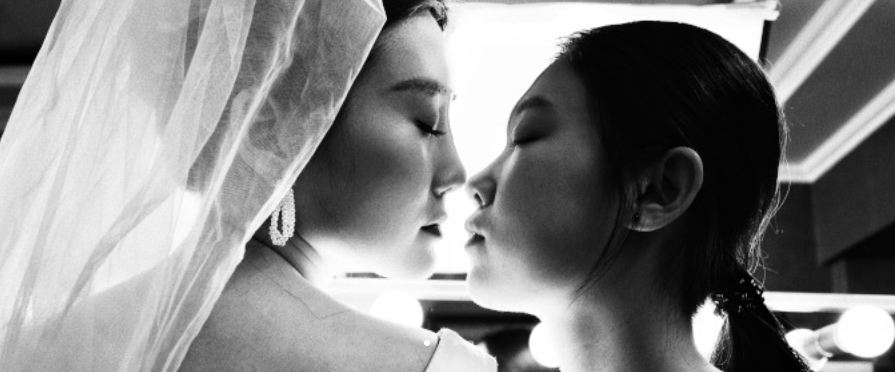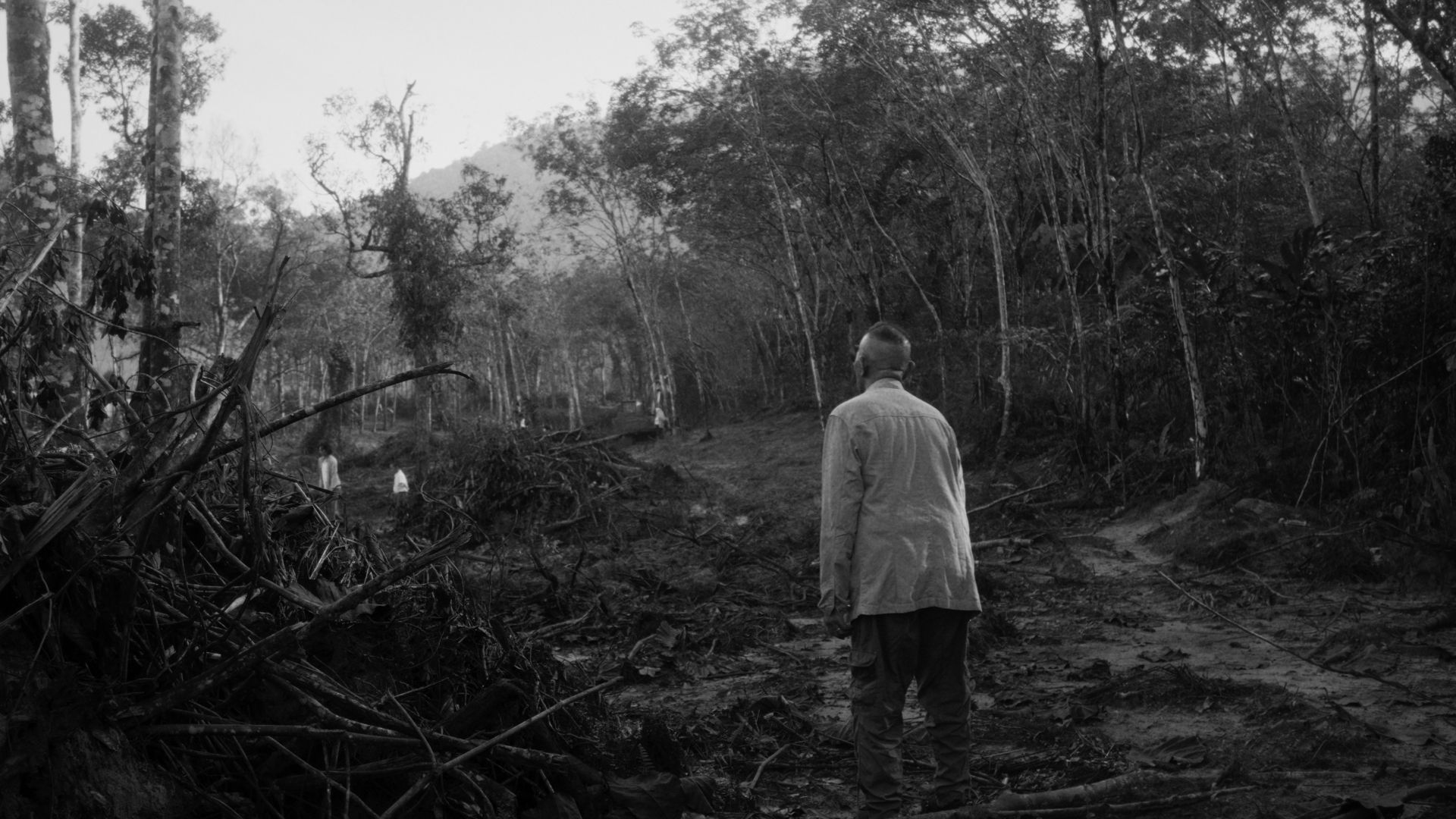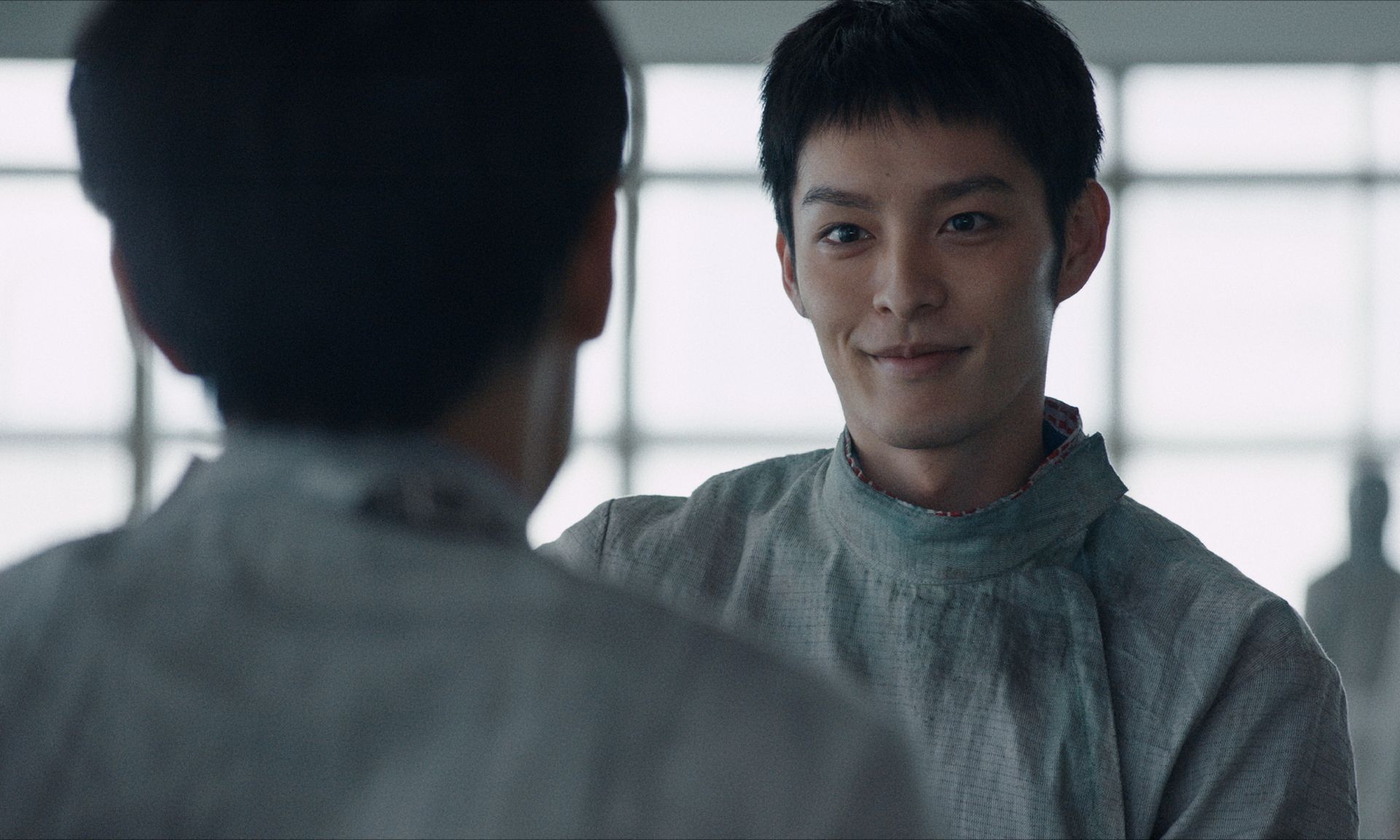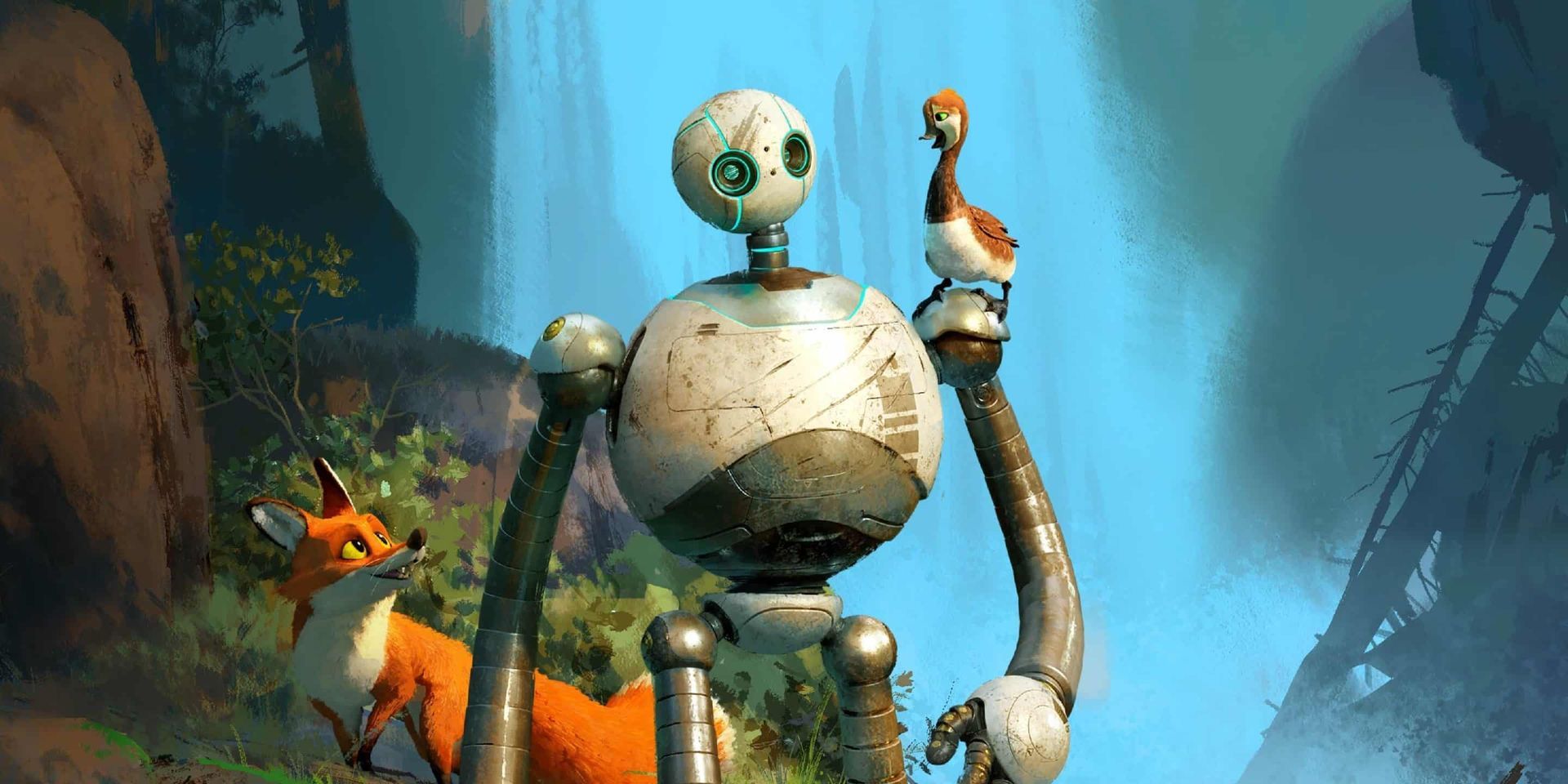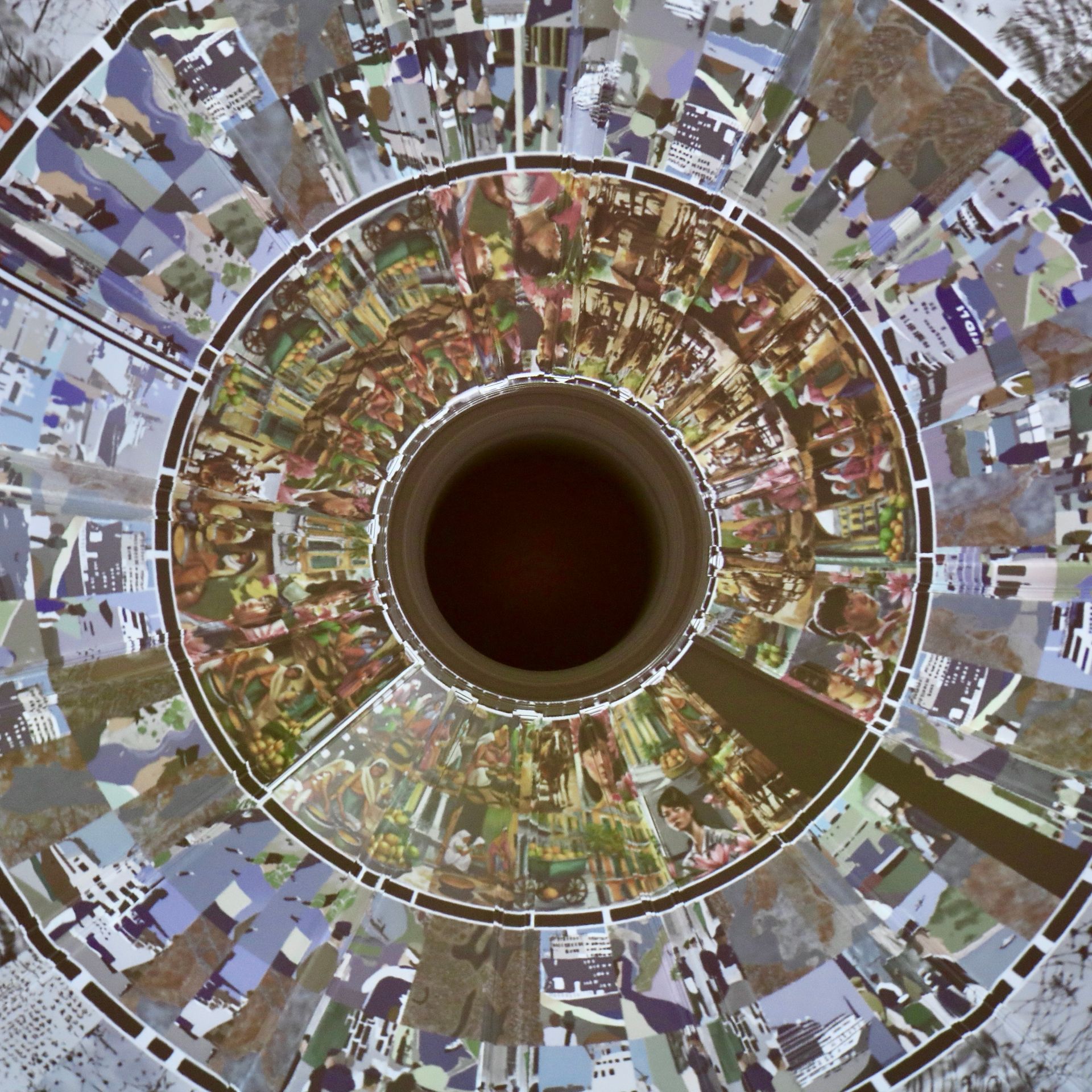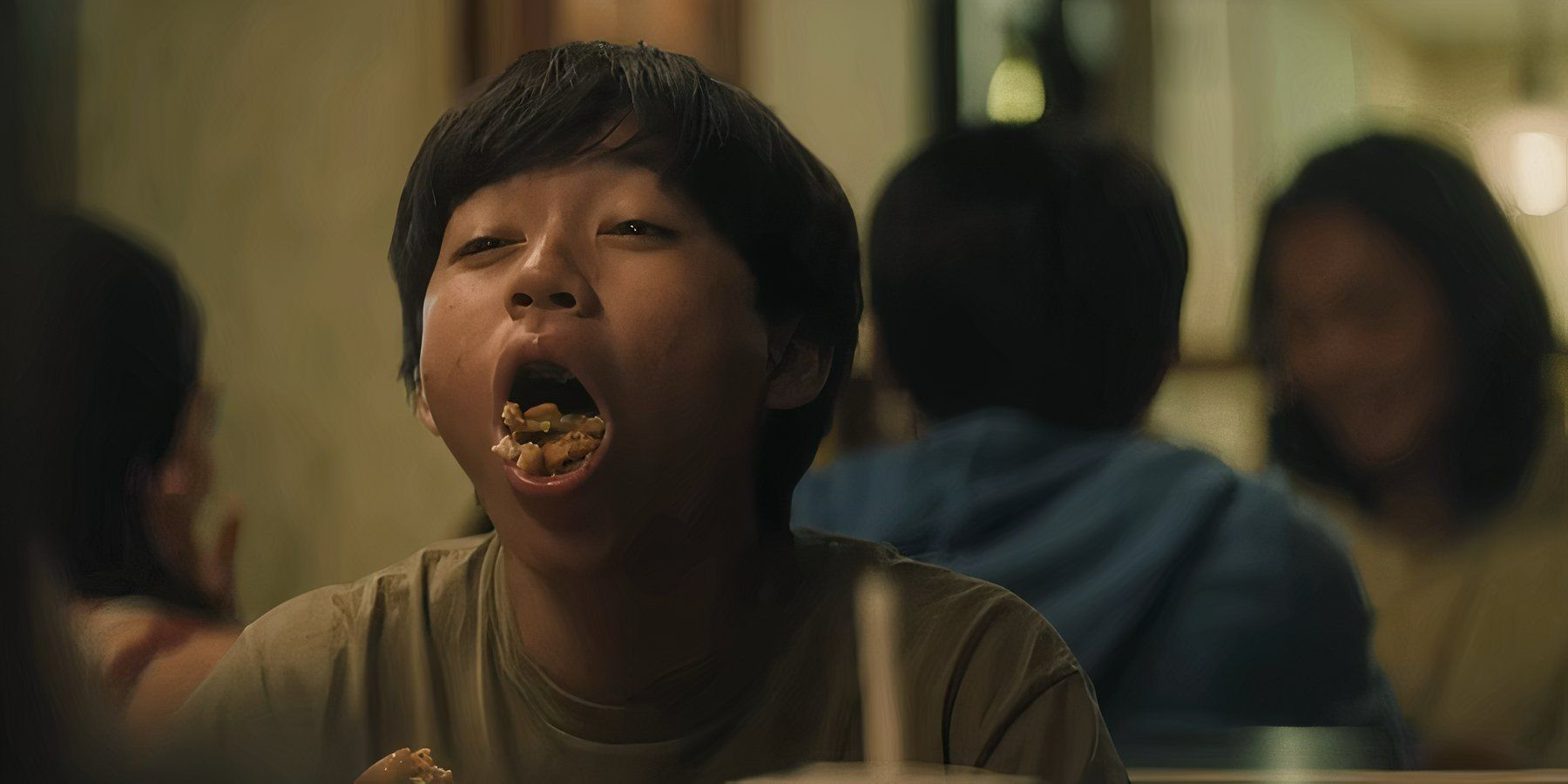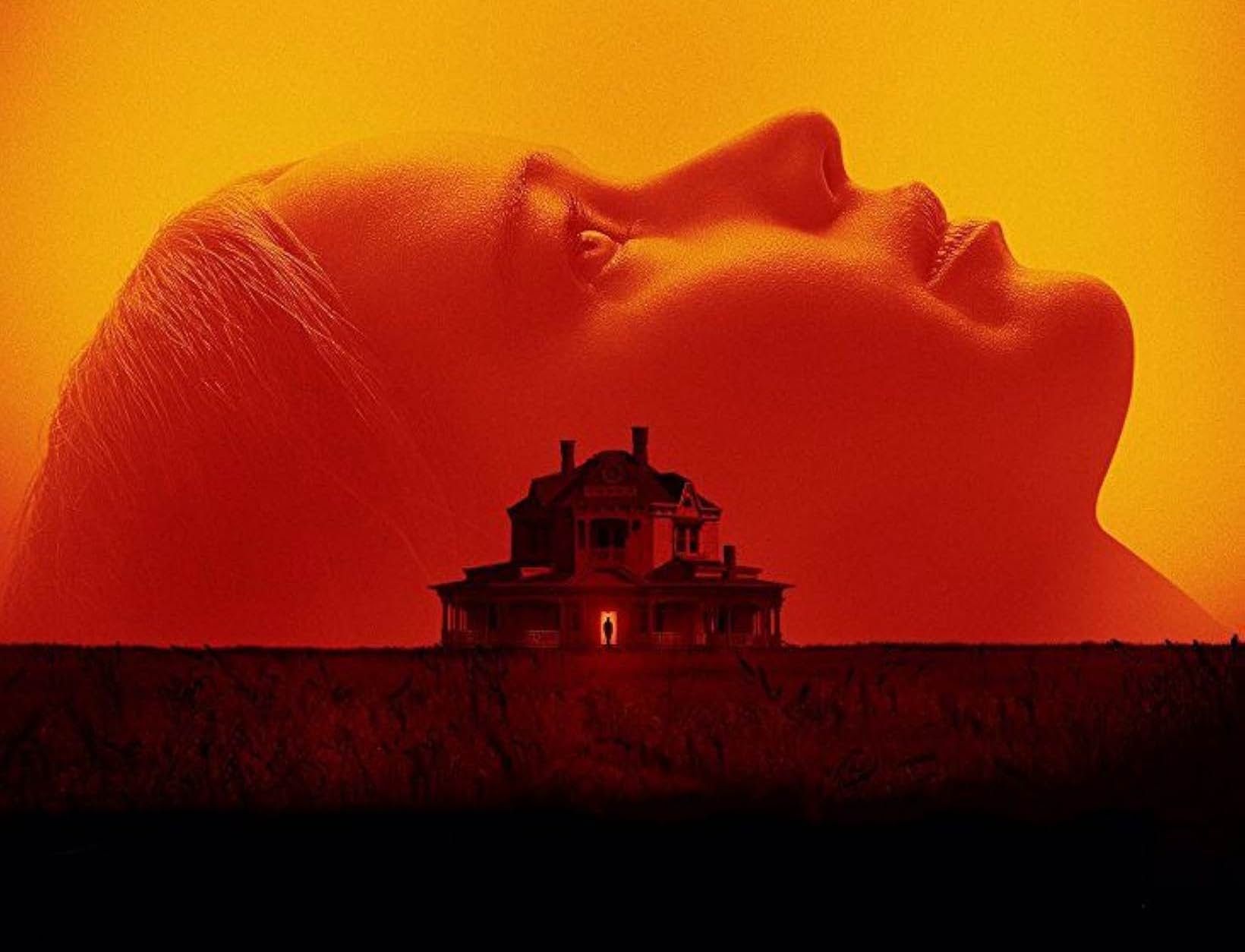Film Review #140: WE LIVE IN TIME
WHERE GRIEF AND TIME MEET - A COMMENTARY ON WE LIVE IN TIME
This review contains minor spoilers for the film.
From the moment Deadline announced the casting of Florence Pugh and Andrew Garfield in We Live in Time back in March 2023, I was immediately invested in the film’s story and filled with anticipation for its release. With its two critically acclaimed leads, standout reactions at the Toronto International Film Festival, along with the meme-worthy poster and Andrew Garfield’s appearance on Sesame Street and Chicken Shop Date, the film had created its own pop culture phenomenon and quickly generated buzz.
However, underneath the fun, humorous marketing lies a charming, heartfelt story about grief and love that will surely tug at the heartstrings of even the most stoic viewers.
Written by Nick Payne and directed by John Crowley, the film introduces us to Tobias (played by Garfield), a softspoken, compassionate divorcee who falls in love with Almut (played by Pugh), a headstrong but charmingly witty chef. It traces their story non-linearly, giving us insight into their whirlwind romance, parenthood, and of course, the impact of Almut’s cancer on their relationship.
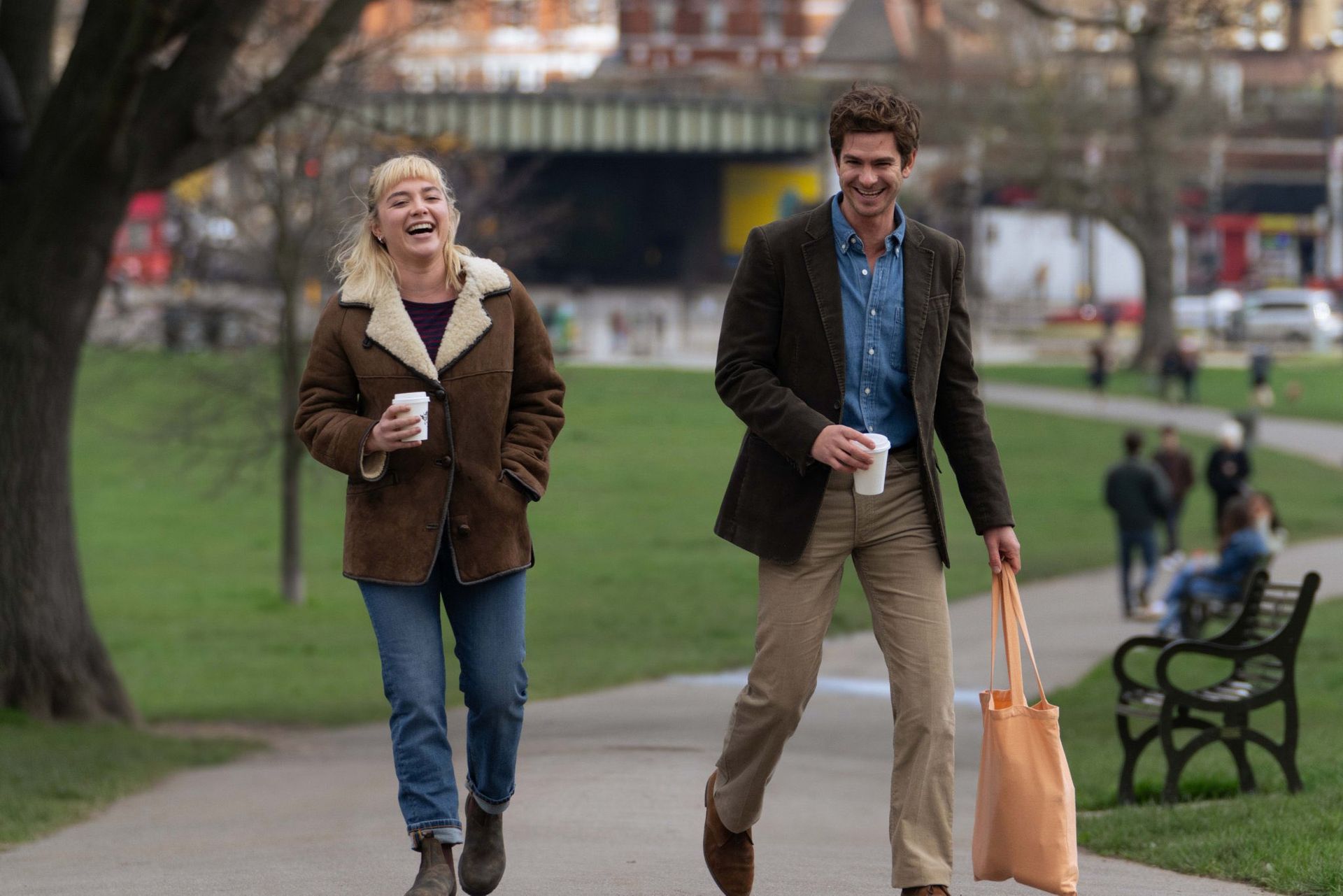
I remember seeing the trailer for the film shortly after its release - it was clear that the movie would explore a doomed romance. Knowing that this trope has been explored in countless films before, I wondered how this film will treat this all-too-familiar trope differently?
Well, the answer lies in the film’s treatment of grief and time.
Time is constantly in the back of our minds as the film progresses, with much of its peak moments centred around the need for precision in time. It tells us that we exist in a reality where time never stops moving.
With the unceasing turning of the clock, stopwatches counting down to milliseconds, and days on the calendar going by - the film constantly emphasises the relentless passage of time through its non-linear storytelling. It feels rapid and fleeting, as the film jumps across timelines. This also heightens the feeling of how the passage of time disorients, hurries us and pushes us to impulsivity. But at the same time, we require it to process and reflect. The duality of time is a huge theme in this film, in terms of how it seeks to propel us forward, wear us down but also help us heal.
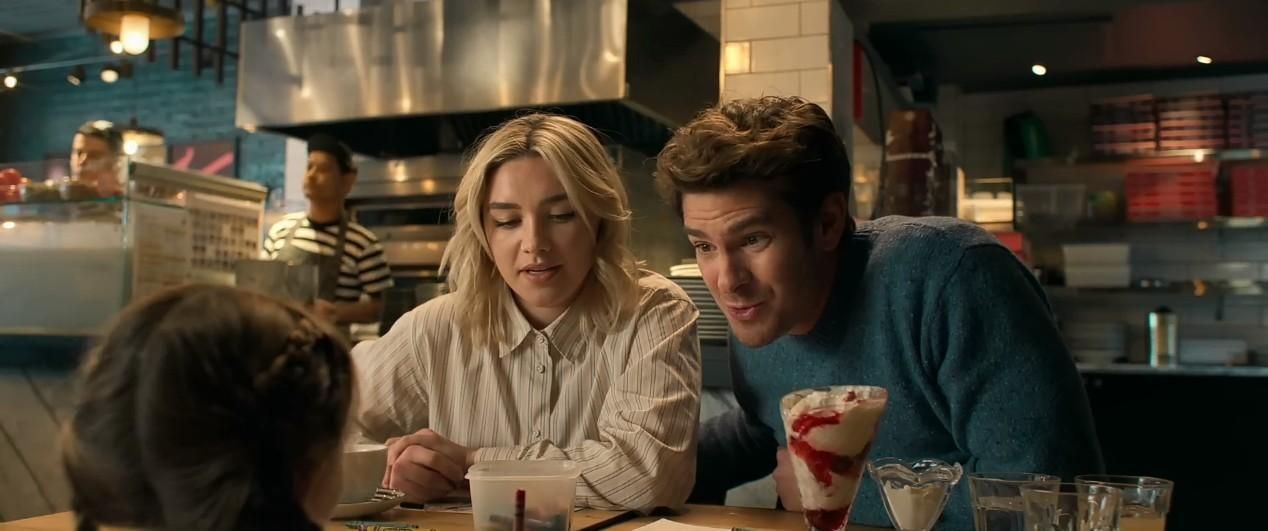
Non-linear storytelling often puts films in precarious positions, as it makes them vulnerable to criticisms of lacking a cohesive narrative. It’s often a hit or miss for me. However, Payne’s and Crowley’s masterful execution of the story allowed the jumbled sequences to feel purposeful, emotional and most importantly, logical for its context.
As it jumps between past and present, we are constantly teased with the possibility of optimism and hope despite a difficult present, reminding us that unpredictability still exists within predictability. The film becomes a piece of constructed memory, as viewers become active members in piecing together memories of both Almut and Tobias. However, a minor drawback is that the film deprives viewers of full emotional resolution, as scenes often jump before we witness events fully unfold.
With the lack of linearity, the film doesn’t relieve audiences of their emotional build-up. Instead, it rewards audiencess with scattered “feel good” moments sprinkled across the movie that both enlighten and stir a sense of melancholy.
However, you forget this minor flaw thanks to the powerful performances of Pugh and Garfield. From their first meeting, we instantly witness their characters’ contrasting dynamics: Tobias is a meticulous and rational man, while Almut is a spontaneous liberated woman - qualities each actor accentuates with nuance.
Their on-screen chemistry is palpable, making their romance feel uplifting, just as it is painfully fraught. Pugh shines as Almut; her pained expressions and voice heightening her performance as a woman conflicted with ambition, love and duty. Garfield complements her with a more subtle, quiet, grief, embodying a man deeply troubled by the possibility of losing his partner, while striving to remain a pillar of strength.
The actors work together in perfect synergy to relay the true conflict of their relationship and move audiences with their raw, authentic performances. The camera work and movement also allow us to be onlookers in their lives. Be it through an unsteady handheld camera, or detailed close-ups, there is an intimacy between us and their story, immersing us deeper into the experience of the turmoil and troubles of their relationship.

It is clear that through Almut’s and Tobias’s characterisation and experiences, Crowley successfully delivers his strategy to tackle the theme of grief. He shows us that our relationship with grief is difficult to realise and understand. Unlike the rapid passing of time, moments of grief feel slow and languid - a struggle revealed by each of the characters. It forces us to wonder: when time feels finite and fleeting, how then do we take our time in our journey of grief - an emotion that requires patience and practice? The film seems to surface the understanding that when we cannot move forward with time, we regress.
We revert to simpler understandings of happiness when challenges of emotions become too hard to express or even confront. In a scene at the doctor’s office, we see Almut, Tobias and a doctor share a tender moment as they all take candy from a Cadbury “Celebrations” chocolate box, as the doctor reminds them that “It is okay to not be okay”. The film surfaced how everyone is a child in the eyes of grief. It is an emotion that feels complex, larger than life and beyond comprehension.
Within those emotions, we are kids once again, learning to live life and trying to redefine what is “normal”. But along the way, we learn to see the world with a new sense of wonder and appreciation, as we continue living with the memory of our loved ones.
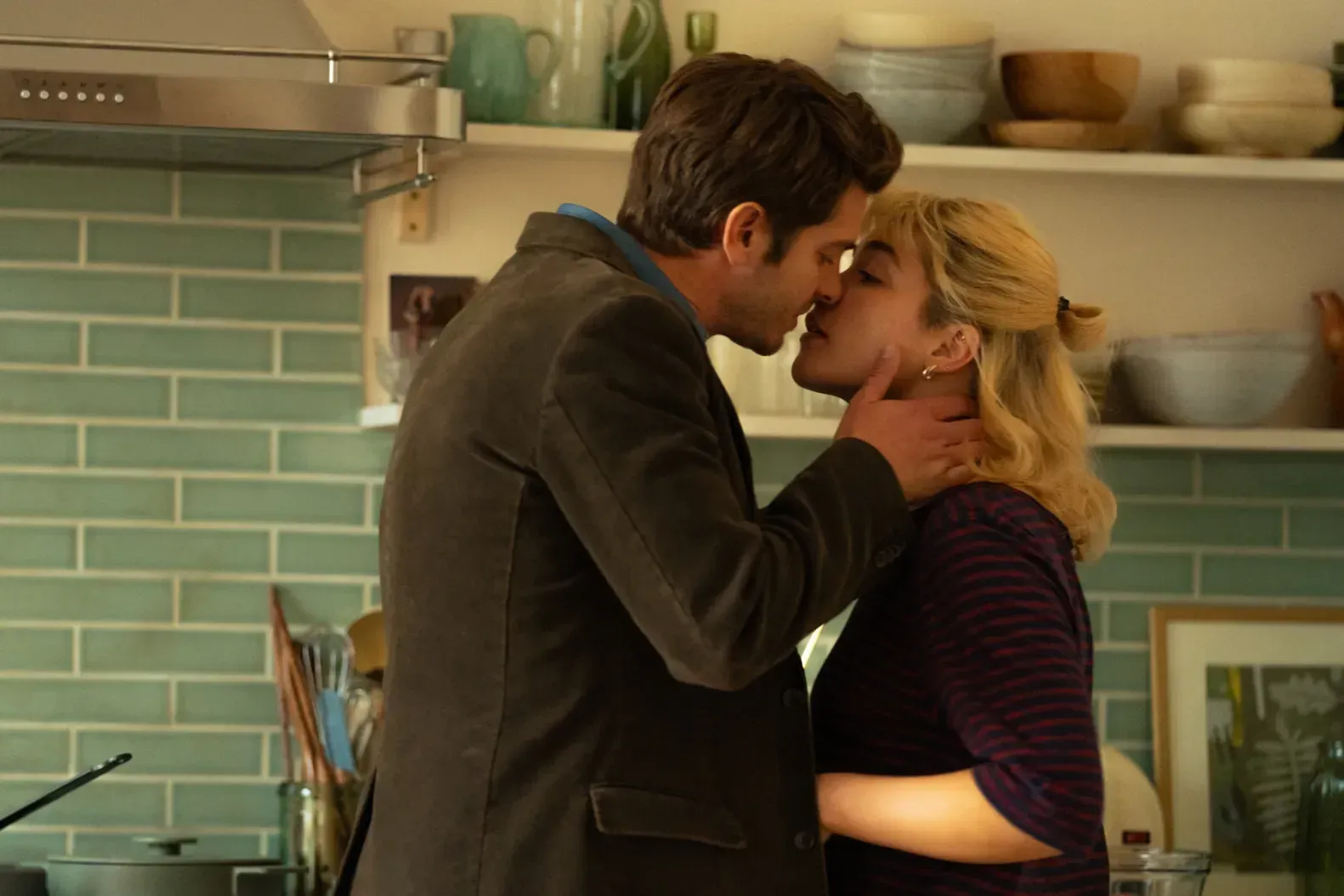
The most surprising thing about this film was how well it played with humour despite a rather heavy theme. In a movie that was so centered around time, the film’s comedic timing was also perfectly calculated. It subverts audiences’ expectations and eases the tension of what is supposed to be occasionally distressing, nerve-wracking moments, while never fully removing us from the intensity of these moments. Crowley’s intention of these moments was clear: it showed that life still offers moments of joy and humour that can exist with our sadness in short, brief moments, making the film even more poignant.
Florence Pugh said that the film made her “want to be active in my decisions and actually live.” While Andrew Garfield openly confessed that this film helped him cope with the loss of his mother. Clearly, the actors channelled their own personal connection with the film, and for many others, it may evoke a similar resonance.
That is the beauty of this movie. Poignantly straddling between themes of grief and time, it surfaces a universal emotion that most individuals would encounter as we, well, simply learn to
live in time,
amidst all the challenges of the everyday.
----------------------
About the author: A devoted fan of indie cinema and an avid music enthusiast, Mavis is a pop culture junkie with a keen interest in all aspects of contemporary culture. She especially loves female-forward narratives and passionately champions representation in film, continually educating herself on the importance of diverse storytelling. Whether sitting in a cinema or browsing through crates of vinyl, Mavis enjoys being immersed in tangible experiences that bring stories and music to life.
This review is published as part of *SCAPE’s Film Critics Lab: A Writing Mentorship Programme, with support from Singapore Film Society.

